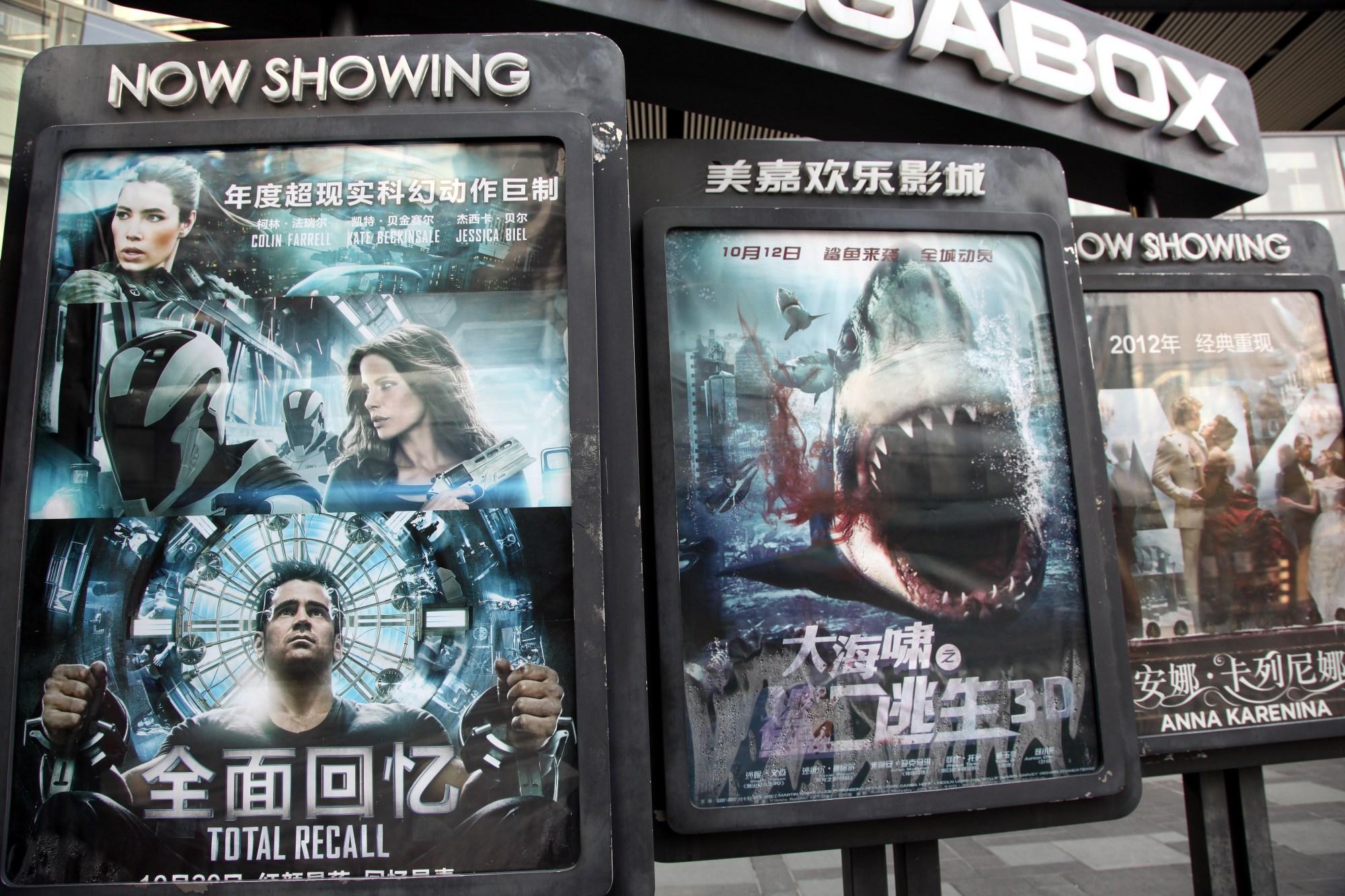
- Industry
Hollywood in China, Part I
One in an occasional series exploring the state of Hollywood films in global markets.
When high hopes for the box office for Pacific Rim were dashed when it only made $102 million domestically with a production budget of $190, it was China to the rescue where the film earned an additional $112 million.
When Warcraft opened in the US to horrible reviews and a box office total of $47 million, once again the Chinese moviegoers bailed it out to the tune of $221.
When Terminator: Genysis disappointed with $90 million stateside, it was the China total of $113 that rescued out.
Now You See Me 2 made $93 million in China, despite its lukewarm reception in the US.
These are just a few examples of why China is so attractive to the Hollywood film industry despite the restrictions they face and the hoops they have to jump through to get a film released in that country. China has a strict protectionist policy favoring its domestic film industry and a stringent censor board which forbids certain themes and certain language, including references to Taiwan or Tibet and requires submission of a film’s script for approval before it allows the film to be released. (Richard Gere’s films are never shown in China because he’s Buddhist and has an association with the Dalai Lama. Don’t look for him in a superhero movie.)
Release dates given are also unpredictable: the favored dates are saved for Chinese films, and often, once the censor has passed a film, there is not enough time allowed to properly market it before the assigned release date. China has a population of almost 1.5 billion people and is the second-largest film market in the world after the US. The number of movie screens in the country is growing by leaps and bounds. About 39 Hollywood films were allowed in last year. So, to get a piece of that very attractive pie, not only do movie studios compete for those few movie slots and make the necessary adjustments to mollify the censor board, they employ two other tactics to improve the odds of a China release.
The first is self-censorship, the practice of including positive Chinese portrayals and storylines in movies. In Gravity, it’s the Chinese space station that saves Sandra Bullock’s life.
In Doctor Strange, Tilda Swinton’s monk was changed from Tibetan to Celtic. The New York Times reported how Ironman 3 changed the comic books’ baddie The Mandarin to appease the censors. Ben Kingsley was cast as that character, but in the movie, he turned out to be an actor paid to embody the ‘real’ Mandarin. Then the ‘real’ Mandarin turned out not to be the real villain, which was really a scientist played by Guy Pearce. Product placements of Chinese goods were also present in the Chinese version.
According to the New Yorker, Skyfall’s Chinese version changed a scene where James Bond kills a Chinese security guard and one in which Chinese imprisonment turned a character into a villain. Men in Black 3 cut a scene in which Chinese people get their memories erased, and scenes where aliens were disguised as Chinese restaurant staff were also cut, according to the Telegraph.
Reuters reported on leaked emails from Sony Pictures that Pixels made a few Chinese-friendly changes like removing an attack on the Great Wall as well as a reference to hacking by a ‘Communist-conspiracy brother.’
So, here’s the question. Depending on who you ask, it may be okay to change/cut/edit stuff for the Chinese market. But tailoring the script right from the start of the project to appease the Chinese market is quite another. And again, depending on who you ask, the cynics will point to Avengers: Endgame’s take of $630 million in its four-week run, The Fate of the Furious which made $385 million, Furious 7 made around $340 million as did Avengers: Infinity War. Spiderman: Far from Home made $100 million in its opening weekend. There’s no report that these particular movies changed anything for the Chinese market, but they all belong to studios that want to keep good relations with China in order to keep that lucrative pipeline open.
The second common way to get around the pesky restrictions is to have Chinese co-productions which are not subject to as many stringent rules. However, they have to use local crews and a percentage of the cast has to be Chinese. It goes without saying that the script will be written to keep local sensitivities unruffled.
While Matt Damon and renowned director Zhang Yimou couldn’t save The Great Wall, Paramount co-produced Transformers: Age of Extinction with Jiaflix Enterprise and cleaned up with $320 million. Just in 2018, Mission Impossible: Fallout, Venom, The Meg and Pacific Rim: Uprising (guess why that sequel was made) did very good business. The $154 million-earning Kung Fu Panda 3 was the first co-production of the joint venture Oriental DreamWorks founded by DreamWorks Animation, China Media Capital and Shanghai Media Group. (It is now Pearl Studio and fully-owned by China Media Capital.)
The Sino-Hollywood collaborations continue. As mentioned above, in 2018 Paramount teamed up with Tencent Pictures as an ‘investor and co-marketing partner’ according to its press release, for movies such as the Top Gun sequel and the Transformers franchise. STX, with a failed Hong Kong IPO plan, raised $700 million from Chinese private equity firm Hony Capital among other partners, back in March of this year, according to the LA Times.
But there are signs the Chinese market is slowing down, not least because of Trump’s trade war. More on that next week.